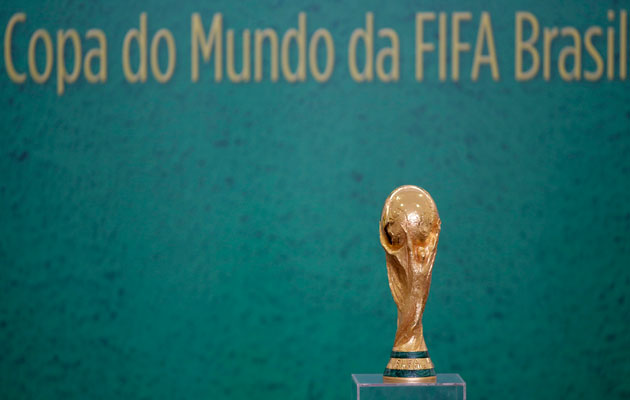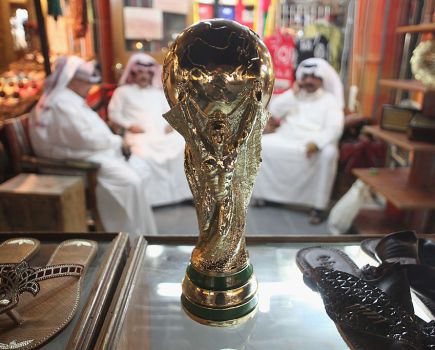FIFA security chief Ralf Mutschke said in Rio de Janeiro today that these matches raised particular concerns because some of the competition issues had been resolved before the matches took place.
Holland, Chile and Colombia are already sure of progressing to the second round while Spain, Australia and England know they are going home. More such conclusions will have been reached before the third matchday begins on Monday.
Mutschke was outlining FIFA’s work in the fight against match manipulation. This encompasses not only the fixing of results but of individual incidents during a game to suit betting rings.
He said: “We also look at a level of higher vulnerability in the closing matches at the end of each group when some teams already know what will happen. This is part of our risk management strategy.”
Instances of matchfixing ahead of the 2010 World Cup in South Africa had prompted FIFA and its partners in the betting and law enforcement agencies to monitor all friendlies ahead of this World Cup.
Musche said: “We know that before the World Cup in South Africa matches were manipulated. Between May 15 and June 11 we monitored 98 friendly matches and for any repercussions and there were no surprises on the betting market.”
Even veteran coaches working on the 13-strong FIFA technical study group – such as Gerard Houllier – were incorporated in the assessment work at the current finals because of their specialised insight into the technical and tactical progress of games.
Mutschke said: “The members of the technical study group are additional eyes and ears so we involve them in the discussions about whether match manipulation took place or not.”
The crucial importance of adopting a zero tolerance approach to the fight against fixing worldwide was to protect a game “threatened globally by organised crime groups who would like to infiltrate football.”
He said: “Our role is to protect the integrity and credibility of our competitions, our game, our tournaments. This means the entire football community, not only FIFA but the 209 member associations and six confederations.”
All national punishments for matchfixing were now automatically extended worldwide by FIFA’s disciplinary committee under the overall terms of the overall FIFA integrity initiative.
Workshops had been organised with 192 of the member associations last year with the co-operation and co-ordination of all stakeholders. Tutorials had also been staged for referees, team officials and players in the run-up to the World Cup.







